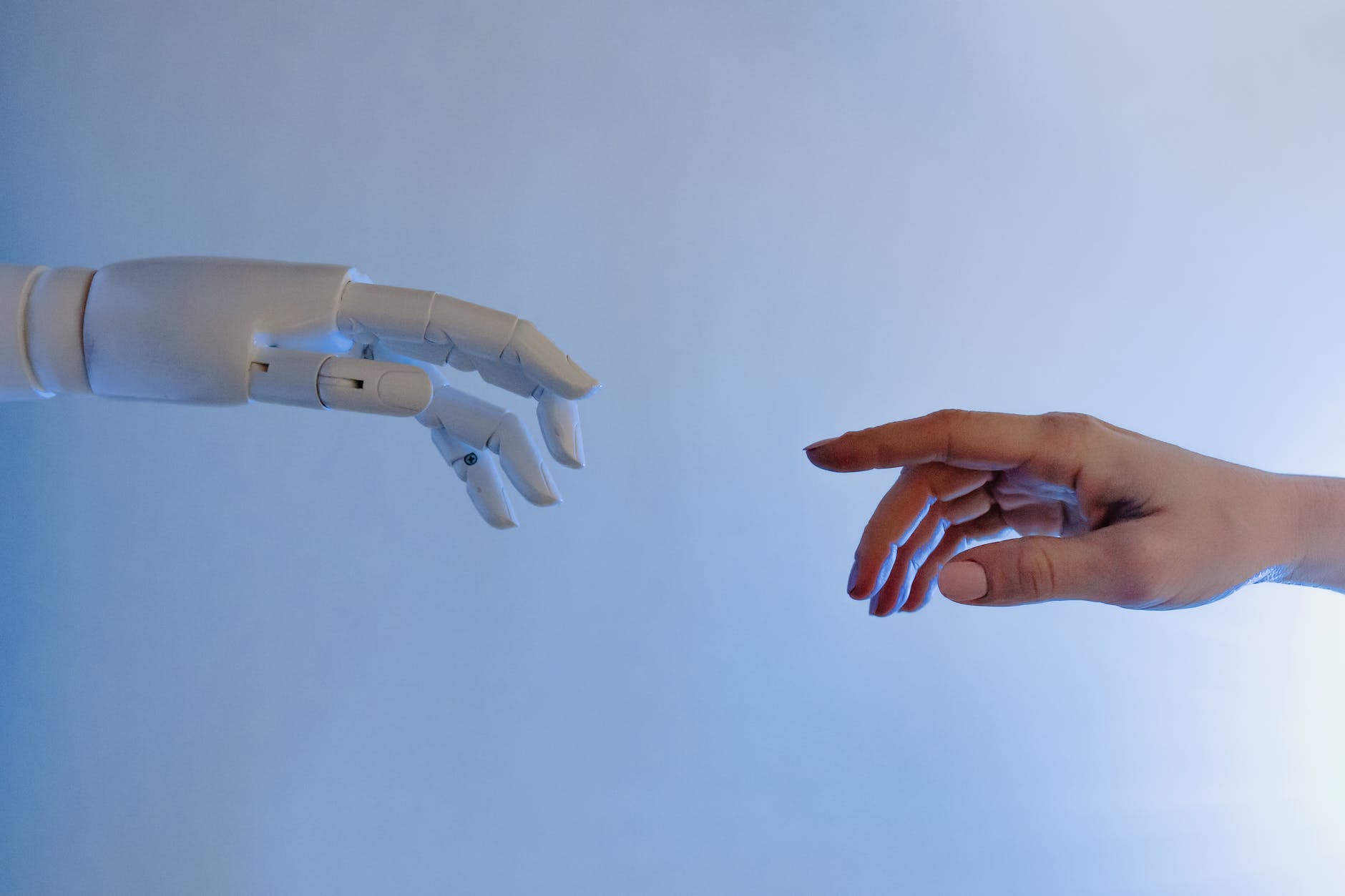In recent years, the field of biomedical robotics has emerged as a cutting-edge discipline combining the principles of robotics with biomedical applications to create groundbreaking advancements in healthcare. With its potential to revolutionize medical diagnostics, surgery, rehabilitation, and patient care, biomedical robotics have become the future of healthcare and technological innovations.
First of all, one of the most significant contributions of biomedical robotics is through surgery. Robotic surgical systems, such as the da Vinci Surgical System, have enabled surgeons to perform complex procedures with more precision and control. These systems use robotic arms with surgical instruments and high-resolution cameras to provide surgeons with a magnified, three-dimensional view of the surgical site. This technology allows surgeries to be minimally invasive procedures with reduced patient trauma, less postoperative pain, and a shorter recovery time.
Secondly, biomedical robotics has played an important role in revolutionizing rehabilitation processes. The designing of robotic exoskeletons and prosthetic limbs has created new opportunities for individuals with physical disabilities or injuries. Exoskeletons provide powered support to improve human movement which allows patients to regain mobility and independence. Some prosthetic limbs also incorporate robotic components that mimic natural limb movement which in turn restores functionality and improves the quality of life for amputees.
In addition to aiding patients directly, biomedical robotics supports healthcare professionals and caregivers. Robotic systems can perform repetitive tasks like patient monitoring, medication delivery, and data collection. This allows healthcare providers to focus on other tasks that require more attention. Robots equipped with artificial intelligence algorithms can also analyze medical data, assist in diagnosis, and even propose treatment plans to reduce the burden on healthcare professionals and eliminate any repetitive tasks from their schedules that may take away from them assisting patients.
As with any technological advancement nowadays, biomedical robotics raises ethical, legal, and social concerns surrounding privacy, security, and data protection. We must create ethical frameworks and guidelines to address issues such as informed consent, liability, and the impact of automation on healthcare professionals’ roles.
Biomedical robotics hold the key to revolutionizing healthcare through innovative technologies and applications. From enhancing surgical precision to enabling rehabilitation and restoring functionality, biomedical robots are reshaping patient care, and we have only seen the beginning of this new era. However, we must continue to address the ethical, legal, and social implications to ensure that biomedical robotics are safely implemented into our healthcare systems. If used properly, we can unlock a future where patients receive more precise, efficient, and personalized care, ultimately improving the overall quality of healthcare.



